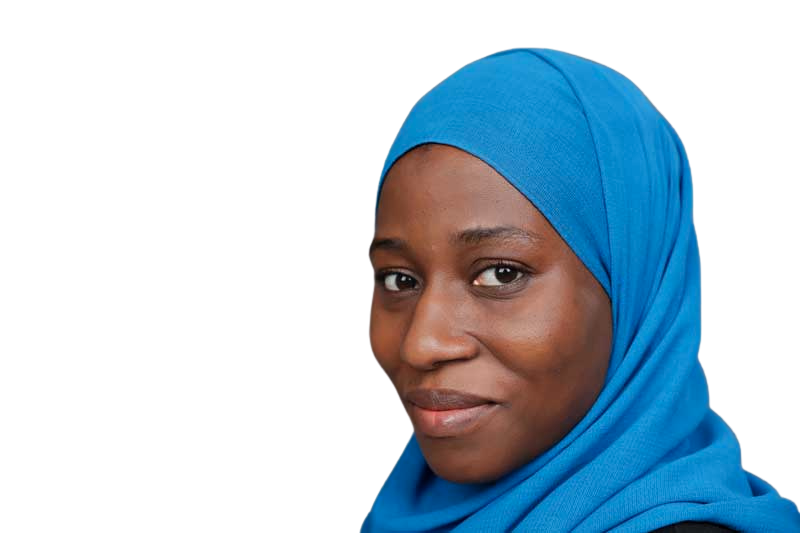The United Nations must strengthen its anti-racism convention to specifically prohibit the persecution of racialized religious minorities, a professor with Osgoode Hall Law School at York University has told a UN committee.
Assistant Professor Rabiat Akande spoke on July 20 to the Ad Hoc Committee of the Human Rights Council on the Elaboration of Complementary Standards, which was formed in 2007 to consider a convention or additional protocols to update the International Convention on the Elimination of All Forms of Racial Discrimination (ICERD). The committee has met annually since 2008 and was scheduled to conduct its 11th and 12th sessions from July 18 to 29, 2022, in Geneva. A date for its final recommendations has not been set.
Akande, who was invited to speak recently, told the committee that a current draft of the additional ICERD protocol, which was drawn up during the 10th session, mistakenly construes all forms of contemporary religious discrimination as racial discrimination and “fails to acknowledge the everyday struggle of persons who suffer intersectional discrimination along the axis of race and religion.”
The 1948 Universal Declaration of Human Rights, which helped shape subsequent international human rights law, was fatally flawed because its concept of religious liberty continues to exclude members of disfavored and racialized religious groups, she said.
International law draws a false dichotomy between freedom of conscience (or internal beliefs) and outward forms of religious faith, Akande argued.
“The most obvious casualty has been the covered Muslim woman,” she told the committee, “with a string of decisions handed down by the European Court of Human Rights consistently upholding state restrictions and even proscriptions on the hijab – the Muslim headscarf or veil –as being a proportional and reasonable restriction of the manifestation of religion.”
In Canada, Quebec’s Bill 21 is another example. The so-called secularism law, which prohibits the wearing of religious garb by certain public servants and contractors, was enacted in June 2019.
Muslim minorities face the debilitating impact of Islamophobia, said Akande, but are unable to access meaningful legal remedy under the law. At times, she added, the same has been true for other religious minorities, including Jews, Sikhs and even some Christian groups.
The draft protocol to ICERD, she said, “will not offer the legal remedy needed by those whose experience of religious and racial marginalization is compounded by the intersection of those two forms of discrimination.”
Akande told the committee that the legacy of colonization lives on in the racial and religious subordination of certain peoples – “marginalization that is not only denied recognition and remedy under international law but is in many ways even compounded by the current international legal regime.”
“As we confront new forms of oppression such as lethal Islamophobia masquerading as national and international security policy,” she said, “and indeed, the persistent denigration of the religions of Indigenous peoples globally, I hope member states will seize this opportunity to take bold action by offering robust legal protections for communities at the margins.”
Akande, who joined Osgoode last year, works in the fields of legal history, law and religion, constitutional and comparative constitutional law, Islamic law, international law and post-colonial African law and society. She is an Academy Scholar at the Harvard University Academy for International and Area Studies, where she was in residence from 2019 to 2021. She graduated from Harvard Law School in 2019. At Harvard, she also served as an editor of the Harvard International Law Journal and taught at the law school and in the Department for African and African American Studies.
During its annual sessions, the ad hoc committee has engaged with numerous experts in the fields of racism, racial discrimination, xenophobia and related intolerance, and contemporary issues of racism in different contexts.
